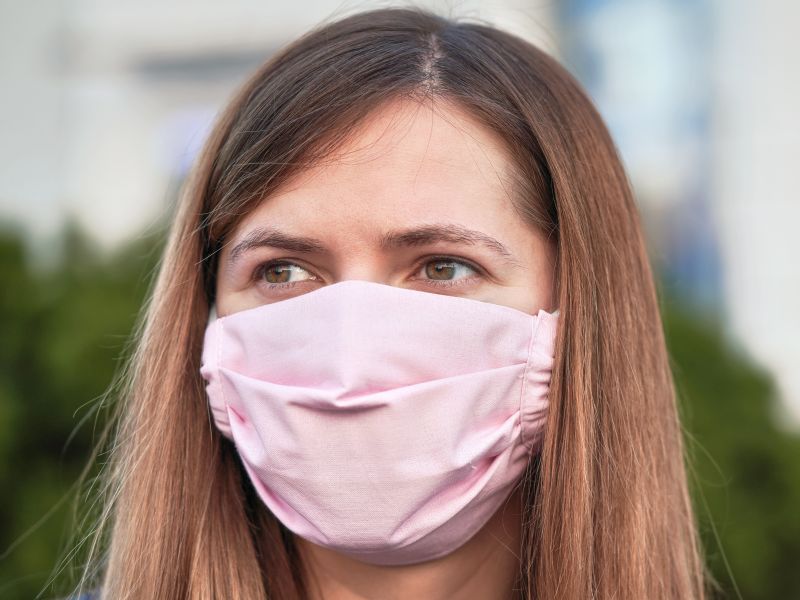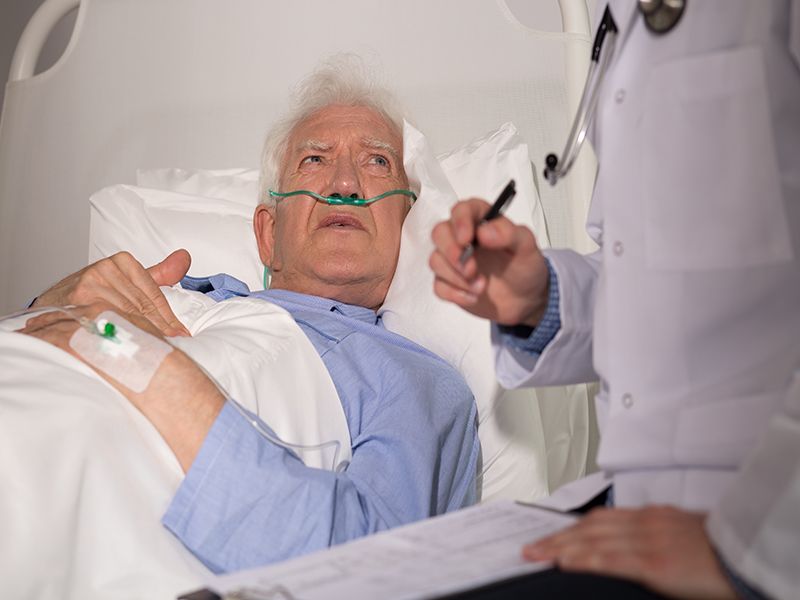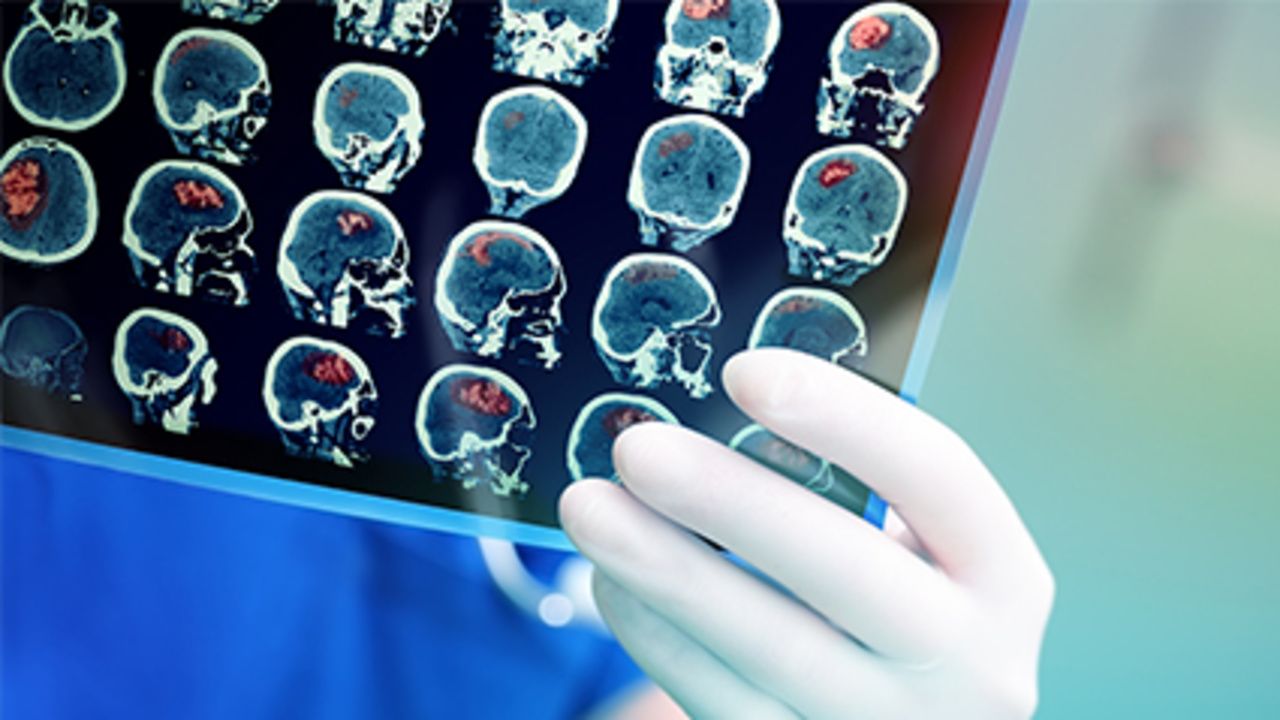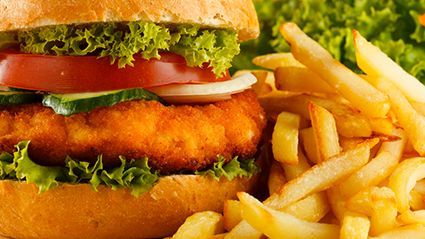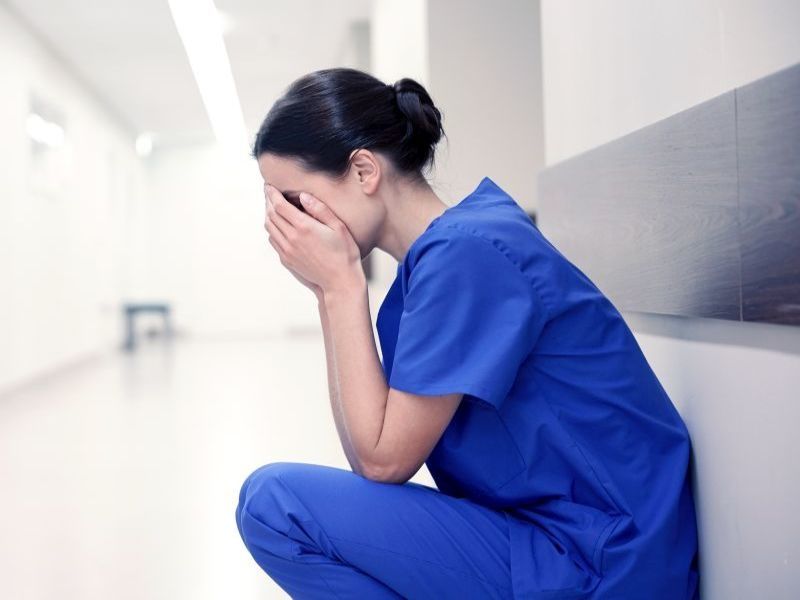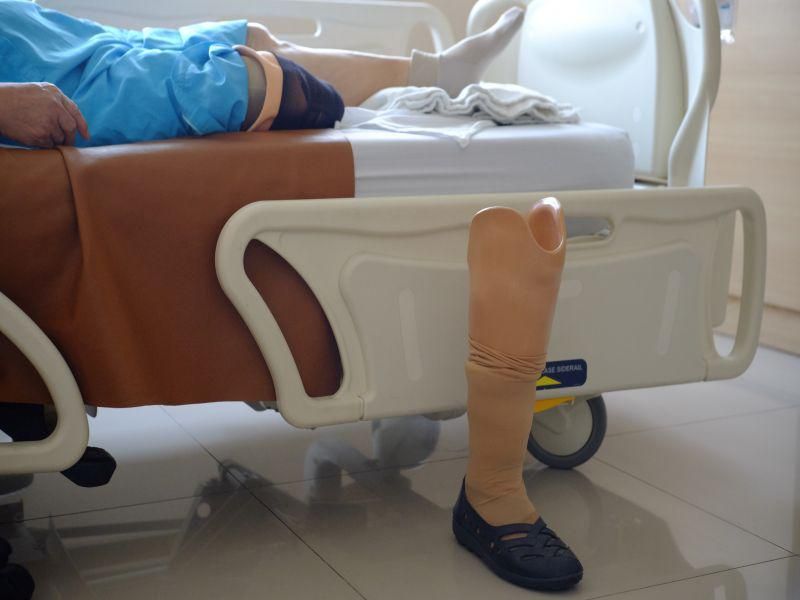
The magic ingredient in “magic mushrooms” may be at least as effective as standard medication for depression, an early clinical trial suggests. The study of 59 patients with major depression tested the antidepressant escitalopram (Lexapro) against psilocybin, which is the psychedelic substance in hallucinogenic mushrooms. Over six weeks, it appeared that just two doses of… read on > read on >










